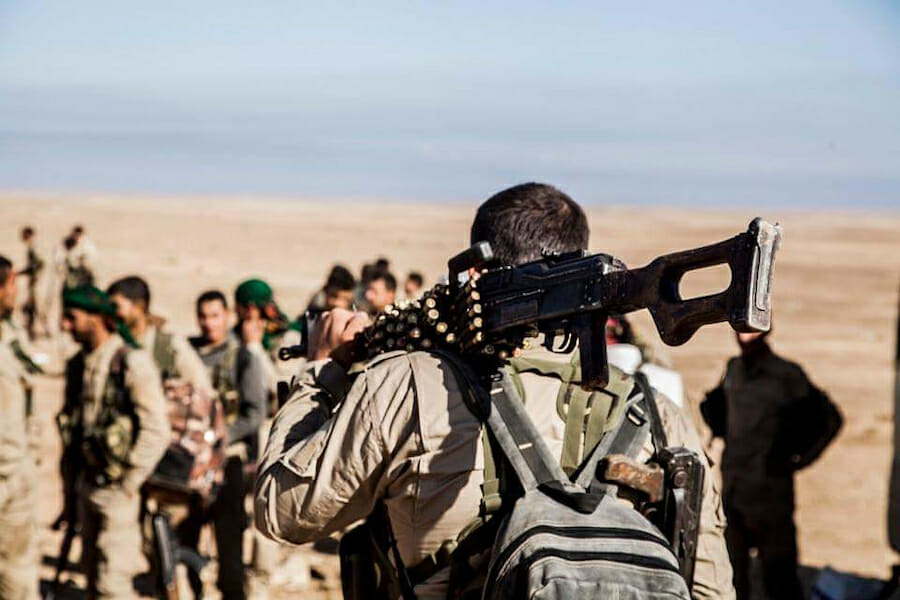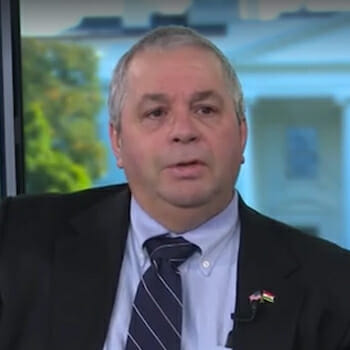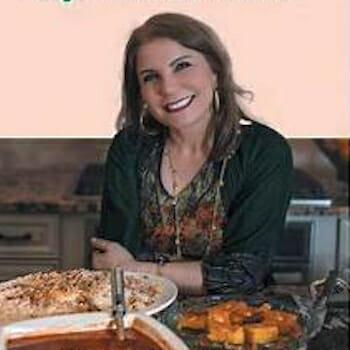
Who are the Kurds without Googling
The current crises in Washington is the result of the decision by President Donald Trump to pull U.S. forces out of Syria and thereby ending the protection we have afforded to our Kurdish allies. In the midst of the debate surrounding the president’s decision, the president’s daughter-in-law, Lara Trump, made a statement in support of the president that said the average American had to Google the Kurds to find out who and what they are. This set off a firestorm of criticism. The main problem with the statement for many is that it is basically true. Even those who know the Kurds do not fully understand who or what they are. In order to educate readers, we think it is time to produce a Kurdish primer or at least one about the current Kurds.
To begin with, the Kurds are an ethnic group, not a race, and have occupied the area commonly referred to as Kurdistan for over a millennium. They share no common history or culture with those surrounding them other than through interactions with their neighbors. As the region was incorporated into the Ottoman Empire, they became subjects of the Caliph but, like most throughout the empire, maintained their identity. Like many groups there were fissures and differences which can be seen today most glaringly in the different dialects of spoken Kurdish, some argue different languages. Throughout this time Kurdish culture remained intact.
Following the end of the First World War, the Kurds were divided up amongst three separate countries: Turkey, Iraq, and Syria. With a portion remaining in today’s Iran. The Kurds have fought for an independent homeland ever since. As the Kurds became more independent, they began to develop separate political philosophies and parties.
To put it into context, the Kurds are not a monolithic group but like all other people in the world hold different political views and opinions. They have shown however that they are different than their neighbors by allowing for different philosophies and different ethnicities to coexist in the Kurdish region.
The Kurdistan Democratic Party (KDP) is the oldest of the modern Kurdish political movements. Founded in 1946 as a Pan-Kurdish party in Iran, it was instrumental in the creation of an independent but short-lived Kurdistan known as the Mahabad Republic. When the Soviet Union removed its backing, the tow leaders, Qazi Muhammad and Mustafa Barzani, had a final falling out and Barzani established the Iraqi brand of the KDP.
The KDP was mostly operated as a tribal entity and existed by the strong will and stronger hand of Barzani. The back and forth relationship between the KDP and the various governments in Baghdad led to a revolt in 1974 in which the Kurds did not fare well. Results of the revolt on the Kurds led to the establishment of a second party in 1975, the Patriotic Union of Kurdistan (PUK). Despite personal differences between Barzani and the leader of the PUK, Jalal Talabani, another difference was philosophical. The KDP was more tribal and center-right while the PUK held a more socialist left drift. This split was so severe that it led to a brief but violent civil war between the two parties with the KDP looking to Baghdad for help and the PUK turning to Iran.
While the KDP and PUK never fully reconciled the actions of Saddam Hussain in his attacks on the Kurds, it did push the two sides together in the face of a common enemy. The Persian Gulf War allowed for a greater sense of autonomy until once again Saddam launched attacks on the Kurds as well as Sunni Arabs. After the U.S.-led invasion in which the Kurds played an important role, an autonomous Kurdish region was set up and then enshrined into the Iraqi constitution.
The newly established Kurdish Regional Government (KRG) now sits in its capital Erbil and is the acknowledged government for the Kurdish region of Iraq. There are a dozen different political parties represented in the Kurdish parliament from the KDP and PUK to Goran (Change), New Generation, as well as the Communist Party and the Kurdistan Islamic Group as well as others.
While Iraq treated its Kurdish population as second class citizens the Turks refused to even admit that the Kurds were a separate ethnic group. Denying the use of the Kurdish language, or celebration of Kurdish culture, the Turks went so far as to rename them Mountain Turks. While the Iraqi Kurds evolved the Turkish Kurds responded to their oppression with the formation of the Kurdistan Workers Party or PKK. The PKK grew from the revolutionary youth movement begun in 1960 and was organized in 1974 as a Marxist-Leninist student movement. Moving through clashes with both police and right-wing organizations it became a full-blown armed insurrection based on Kurdish nationalism and the desire for a Pan-Kurdish nation.
The PKK has gone through some evolutionary changes but remains basically an armed revolutionary group based in the Qandil Mountains of Iraq moving between attacking Turkish outpost and working for a peace agreement. This has been going on for 30 years. On the political side, there have been a number of parties that have been associated with the PKK. The current party is the Peoples Democratic Party (HDP). The HDP has had success in elections even winning a large number of seats in parliament in the 2015 general election. The ruling party under President Erdogan canceled the results and held new elections which reduced the win. Following this, the leaders of HDP in parliament were stripped of their seats and some imprisoned under the claim of being or supporting terrorists. Most recently, several mayors of towns in the Kurdish region were removed and replaced with Turkish nationals.
The PKK was chased around the region and at one time were in Syria until Turkey forced the Syrian government to get them to leave. Before leaving they established a Syrian branch of the PKK which became the Democratic Union Party or PYD. This has allowed Turkey to claim the PYD as a terrorist organization and part of the PKK.
While calling for autonomy of the Kurdish regions in Syria, the PYD learned the lessons of the PKK and have mostly cooperated with the Syrian government until the Syrian civil war broke out. The PYD used the disarray in Syria to establish an autonomous government but did not engage in the war against the Assad government itself. It has rejected Kurdish nationalism and maintains a Kurdish-Syrian identity. Like many parties in the region, it maintains an armed force called the Peoples Protection Unit or the YPG and an affiliated Women’s Protection Unit or YPJ. Today, the Turkish government is unable to separate the PYD from the PKK in its operations which has led to the current violence. It is difficult also for some in the west to make the distinction because of a similar socialist ideology.
Another Turkish claim, affiliated with PKK, is the Iranian Kurdish group, the Kurdistan Free Life Party or the PJAK. The PJAK began as a civil rights movement in the Kurdish region of Iran and moved to violence when attacked by Iranian forces. Pushed out of Iran they moved to the Qandil mountains in Iraq and came under the influence of the PKK. While adopting a socialist ideology it is not known that the PKK can influence the PJAK away from its desire to maintain Persian roots.
Most Kurdish parties in Iran are outright communist or very left. Also, most are breakaways from other parties with the oldest being the Kurdistan Democratic Party of Iran.
Not all parties are mentioned in this article and much of the history has been severely modified, but as Lara Trump said, it can be Googled. This brought us to the conclusion that the average person is not up to date on geography or the Middle East. Education plays a big part in this case. The only thing that unites most Kurds is a call for a homeland. We are speaking of upwards of 40 million people without a nation. To dismiss any attempt to achieve autonomy is to ignore history. Regardless of what happens to the Kurds, they will continue to fight for independence within their respective regions.
While it is unlikely that a United Kurdistan can be achieved, it is possible to create separate Kurdish states that can work in confederation with each other. Giving in to Turkey will not stop the desire of the Kurds to be free. It is time that the United States, the United Kingdom, and others stand up for Kurds. Kurds shed blood for the world, it is time for everyone to step up and support the establishment of an independent Kurdistan. President Trump made many harsh statements in the past few days and weeks about the Kurds. This angered Kurds tremendously. As former President Masud Barzani replied, “Kurdish Blood is more valuable than money and weapons.”


